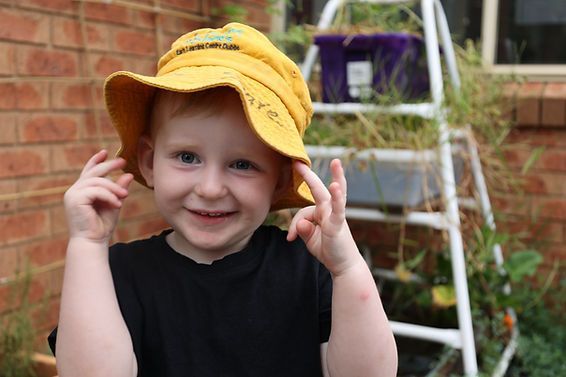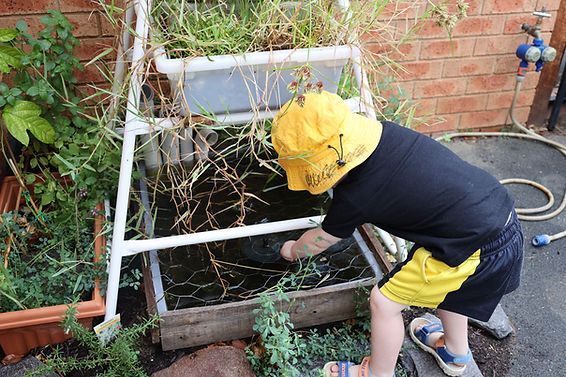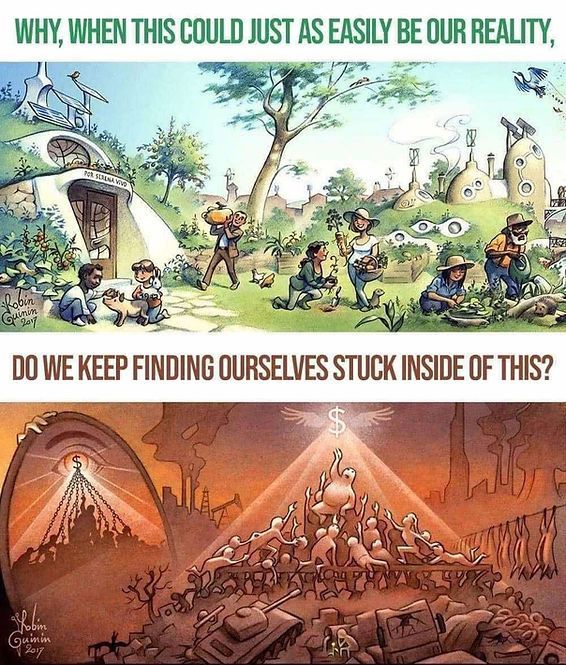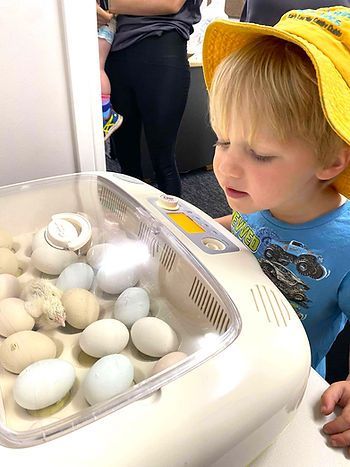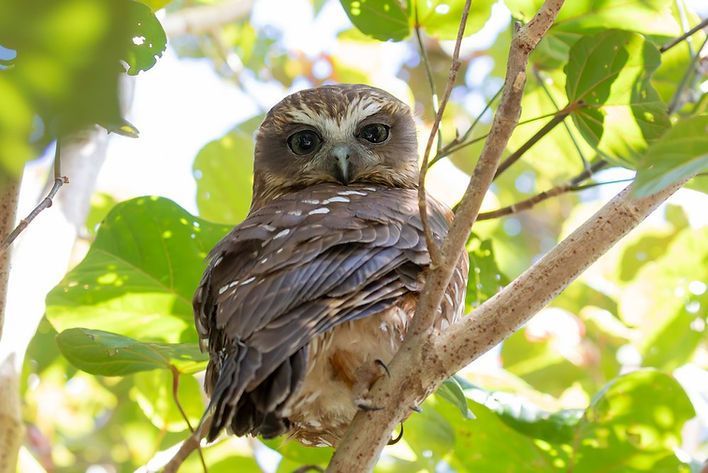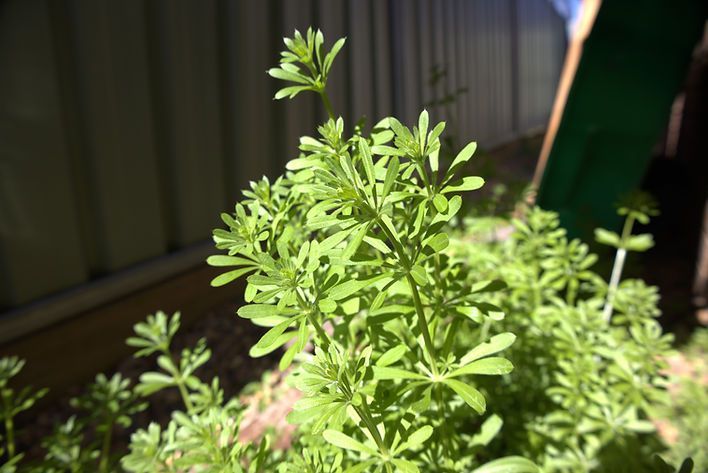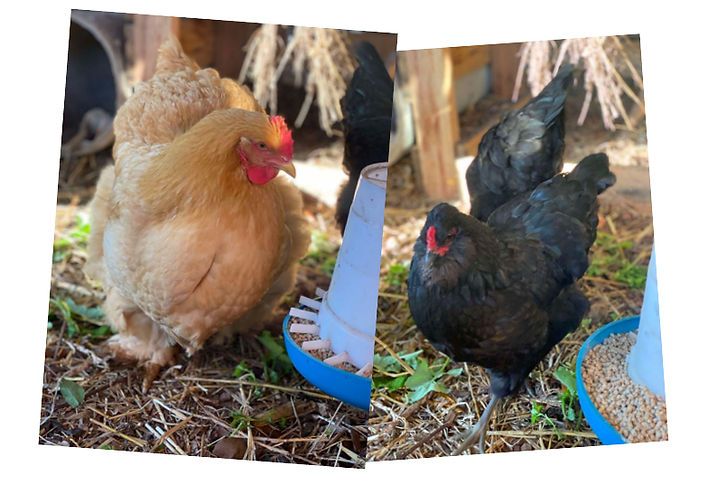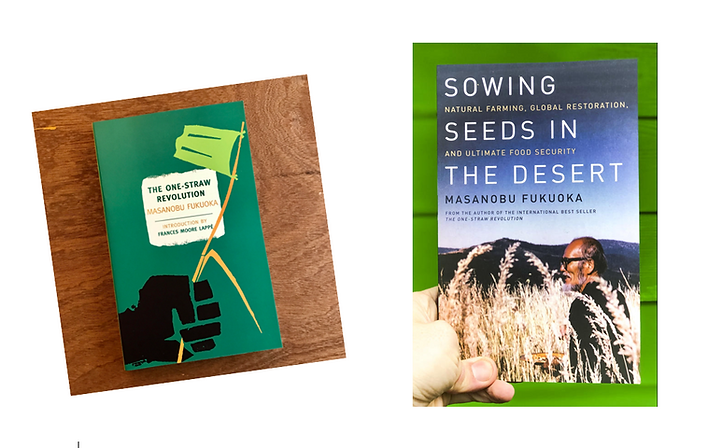Rewilding Children
In my never-ending search for new ways to be weirder, I’ve recently discovered the concept of Rewilding.
Specifically, human rewilding which is a framework that encourages individuals to reconnect with nature and adopt lifestyles that align more closely with our evolutionary roots.
An idea that has grown alongside, and may even have preceded, ecological rewilding (which by contrast focuses solely on restoring ecosystems to their natural state).
Human rewilding emphasizes practices that promote physical, mental, and emotional well-being by fostering a deeper connection with the natural world.
Some key aspects of human rewilding include:
· Natural Movement: Engaging in activities like walking barefoot, climbing, and swimming to mimic the diverse movements of our ancestors.
· Dietary Changes: Incorporating whole, unprocessed foods and foraging practices to align with ancestral eating habits.
· Outdoor Living: Spending more time outdoors, embracing natural light, and reducing reliance on modern conveniences.
· Community and Connection: Building stronger social bonds and participating in communal activities, reflecting the cooperative nature of early human societies.
If we accept that modern living and everything that comes with it, has adversely impacted our health and psychological wellbeing.
Then human rewilding is a move towards the opposite.
To counteract the physical and psychological challenges posed by modern, sedentary lifestyles and integrating elements of our ancestral past. It seeks to enhance overall health and foster a sense of harmony with nature.
A lot of literature and conversation about Rewilding looks at Hunter-Gatherer models and how the human species might have subsisted before the advent of agriculture and “civilization”.
After all, on a timeline of human activity, 99 percent of the human experience existed in a way that is very different from what we know today, at least as far as the Western worldview is concerned. And many Hunter-Gatherer societies continue to exist even now in remote corners of the world, offering a real-time look, into alternative, environmentally supportive lifeways.
But I can imagine you saying, Dallas you work in early education, what has any of this got to do with that?
Well, everything…
As the Outdoor Educator and resident oddball, my individual philosophy compels me emphasise reconnecting children with nature.
To foster the development of holistic thinking and environmental awareness.
An approach that integrates natural elements into learning environments, encouraging curiosity, creativity, and a sense of wonder.
What might it look like to implement human rewilding in early education?
Maybe it could look like this:
· Outdoor Learning Spaces: Transforming classrooms into natural settings like forests, gardens, or parks where children can explore and interact with the environment.
· Hands-On Activities: Engaging in activities such as gardening, foraging, building shelters, or observing wildlife to develop practical skills and a deeper connection to nature.
· Unstructured Play: Allowing children the freedom to explore, climb trees, play in the dirt, and use natural materials for creative play.
· Nature-Based Curriculum: Incorporating lessons on ecosystems, sustainability, and the importance of biodiversity into the educational framework.
· Mindfulness and Well-Being: Encouraging practices like outdoor meditation or quiet reflection to promote mental and emotional health.
· Ancestral skills: Learn how to build a friction fire, weave baskets, sew with natural materials, tracking for animal signs and scat.
An approach that not only nurtures a child's physical and cognitive development but also instills a lifelong appreciation for the natural world. One that aligns with the idea that early exposure to nature can lead to more environmentally conscious and resilient individuals.
Would you like to dive deeper into any specific aspect of this?
Feel free to flick me a question or ask for a reading list.
Personally, I’ve learned an awful lot just by listening to podcasts. I would highly recommend: Untaming: Rewild the Child by Emily G in New Zealand, or The Rewilding Podcast by Peter Michael Bauer in Portland Oregan USA
Here is a link to one of my favourite episodes and below, a link to a corresponding short film:
https://creators.spotify.com/pod/show/emily033/episodes/72--Darcia-Narvaez-Evolved-Nest-e1qrhgk
https://www.youtube.com/watch?v=d_f4fzzFc8A&ab_channel=TheEvolvedNest
Until next time, enjoy the wild places wherever you are,
Dallas.

